Bangladesh is getting a booster dose of Islamist radicalisation. It is witnessing significant developments that are going unnoticed in the global media. However, they mark significant steps in Dhaka’s onwards march towards Islamisation, emulating Pakistan’s playbook. One such event was an international conference on the concept of Khatm-e-Nabuwat, ie, the finality of prophethood, held in the Bait-ul-Mukarram Mosque after the Jumma prayer on January 3, 2025.
According to this concept, the idea of Prophet Mohammad being the final one is the central tenet of Islam, and any deviation from this is tantamount to apostasy. Ali Omar Yaqub Abbasi, Imam of Masjid Al-Aqsa in Palestine, attended the conference as the chief guest. In the two-session conference, the first session was presided over by Junayed Al Habib, the executive president of International Majlish-e Tahaffuje Khatme Nubuwwat, while Acting President Sajidur Rahman chaired the second session.
The direct fallout of this idea is on the Qadianis, or Ahmadiyya Muslims, who reject Prophet Mohammad as the last one. Maulana Muhiuddin Rabbani, secretary general of Khatme Nubuwwat Majlis Bangladesh, informed The Daily Star, Bangladesh’s prominent newspaper, that they would demand that the government categorise the Qadiani community in Bangladesh as non-Muslim.
On November 15, 2025, the International Fida-e-Millat Conference 2025 was organised in Dhaka at the Diploma Engineer’s Institution Auditorium. Maulana Fazlur Rahman, President of Jamiat-e-Ulema-e Pakistan, arrived to attend this conference, along with many other Islamist events. According to Salauddin Shoaib, Bangladesh’s veteran journalist and expert on counterterrorism and radicalisation, Maulana Saiyed Mahmud As’ad Madani, President of Jamiat-e Ulama-e Hind, India, joined this conference as the chief guest.
Notably, India’s Maulana Madni, the tallest figure in the Deobandi sect, is attending the event that openly advocates the banishment of Ahmadiyya Muslims. It is crucial to understand the deep-rooted meanings of this development. The Indian government is projecting Deoband as a front-runner in its diplomatic engagement with the Taliban without realising that the Deobandi school is the fountainhead of fundamentalism and extremism in South Asia.
Quick Reads
View AllIn Pakistan, the entire gamut of the South Asian jihadist ecosystem is dominated by the Deobandis. The doyens of Jihadism in South Asia, such as Harkat-ul-Jihad al-Islami (HuJI), Harkat-ul-Mujahideen (HuM), Harakat ul-Ansar (HUA), Jaish-e-Mohammed (JeM), Taliban, Tehrik-i-Taliban Pakistan (TTP), Lashkar-e-Jhangvi (LeJ) and Sipah-e-Sahaba Pakistan (SSP), subscribe to the Deobandi school of thought.
Most recently, Maulana Irfan Wagay was caught in the JeM’s Kashmir-Faridabad module that allegedly planned to orchestrate bomb explosions at multiple locations. He studied at Dar-ul-Uloom Bilaliya in Lal Bazaar, followed by Bahar-ul-Uloom Darzgah in UP. Initially, he was under the Jamaat-e-Islami influence; later, he was radicalised under the Deobandi-Salafi influences.
In this context, the participation of a Deoband leader in a conference attended by hardcore Islamist leaders from Pakistan, Bangladesh, Turkey, Europe and Nepal, demanding the declaration of Ahmadiyya Muslims as non-Muslims, speaks volumes about the dubious credentials of the Deoband establishment.
Reportedly, several prominent Islamist clerics from Pakistan, Turkey, Nepal, and the UK attended the conference. Their participation sufficiently suggests that global pan-Islamist forces are making substantial inroads in Bangladesh.
After 2005, the Sheikh Hasina government unleashed a massive crackdown on Islamist elements; however, after her ouster, they are making an aggressive comeback, making Bangladesh fertile ground for the advancement of global pan-Islamist forces. In these conferences, the most prominent demand is to declare Qadianis as non-Muslims. Until recently, the Islamists were persecuting Iskon and the non-Muslim minorities. Now they have started targeting Qadianis.
This is the replication of Pakistan’s playbook of Islamisation. In Pakistan, in the early 1950s, the Islamisation drive began with anti-Ahmediya riots and a campaign by the Deobandi extremists. Later, it resulted in persecution of Ahmediyas and banishment from Islam. In parallel, Deobandi activism in anti-Ahmediya riots strengthened their grassroots support base and muscle power. The state began to view them as powerful assets and proxies to pursue Jihadist projects.
Later, as we all know, after 1979, Pakistan became a breeding ground of the Harkat terrorist network – an array of terrorist groups subscribing to Deobandi ideology. Later, other Deobandi terrorist groups like the Taliban, JeM and TTP came up.
In Bangladesh’s case, things can get worse. Dhaka is already far ahead in its journey towards Islamisation. It is home to a range of terrorist and extremist groups like Jamaat-e-Islami, Ansarullah Bangla, Jamaat-ul-Mujahiddin Bangladesh, HuJI Bangladesh, local Islamic State units, and an umpteen number of lone-wolf extremists.
With these powerful Islamist movements like Khatm-e-Nabuwat, with robust linkages to Pakistan, becoming powerful, it seems that it is the final devastating blow to Islamise the state, governance, and constitution. In this journey towards a Sharia-governed state, highly regressive regulations to persecute women and minorities are likely to follow.
(The author is a Cornell University graduate in public affairs, bachelors from St Stephen’s College, Delhi and has done his PhD on Jaish-e-Mohammad. He is a policy analyst specialising in counterterrorism, Indian foreign policy and Afghanistan-Pakistan geopolitics. Views expressed in the above piece are personal and solely those of the author. They do not necessarily reflect Firstpost’s views.)


)
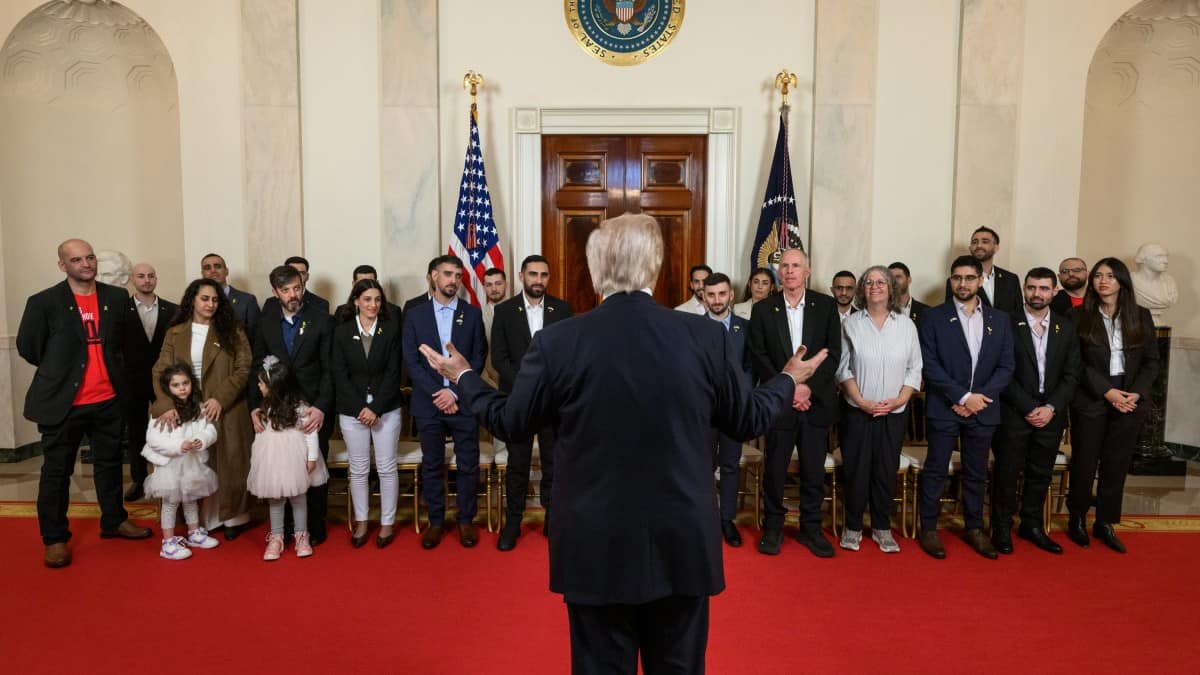
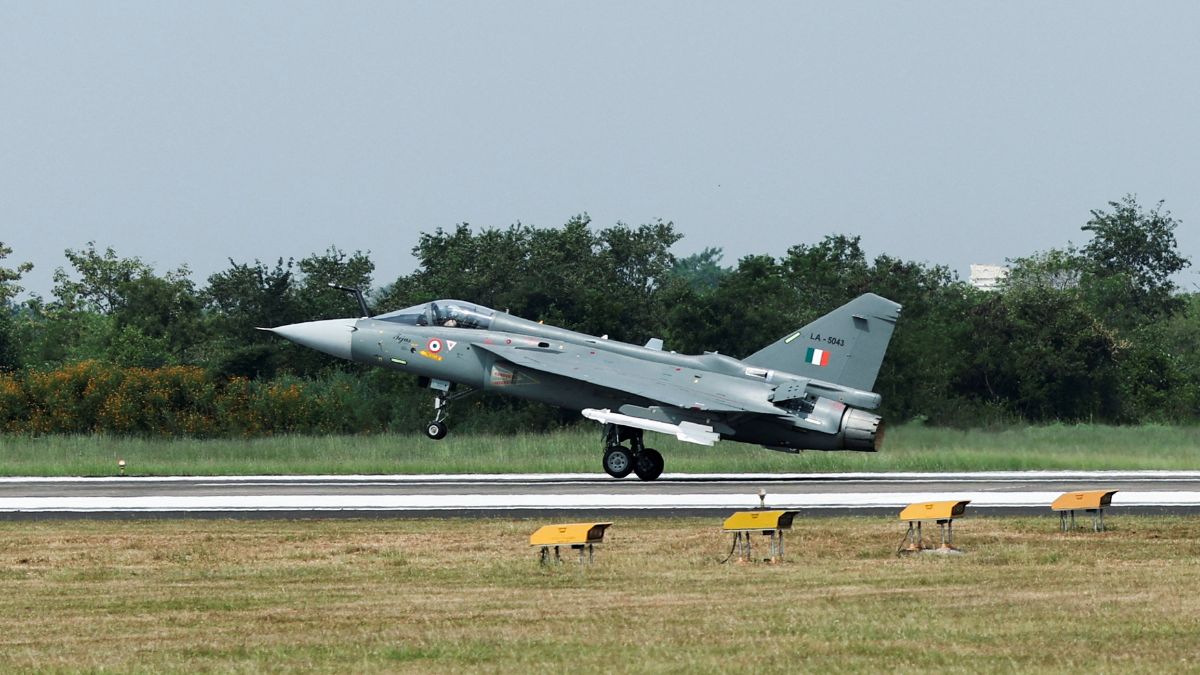)
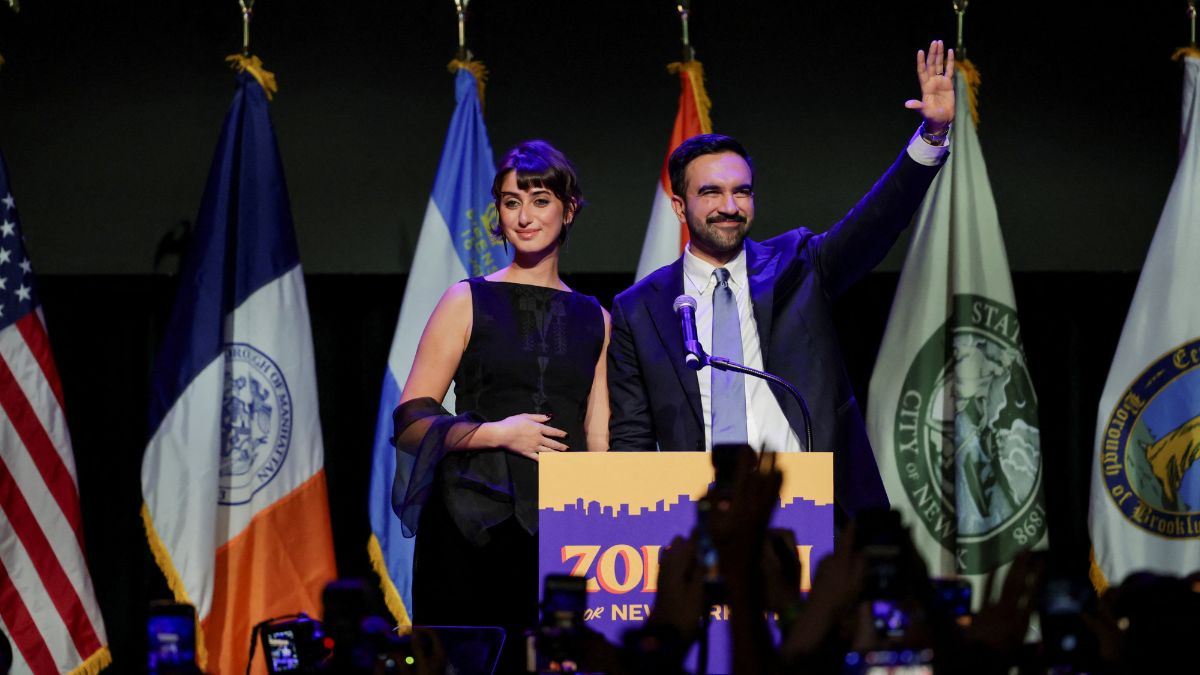)
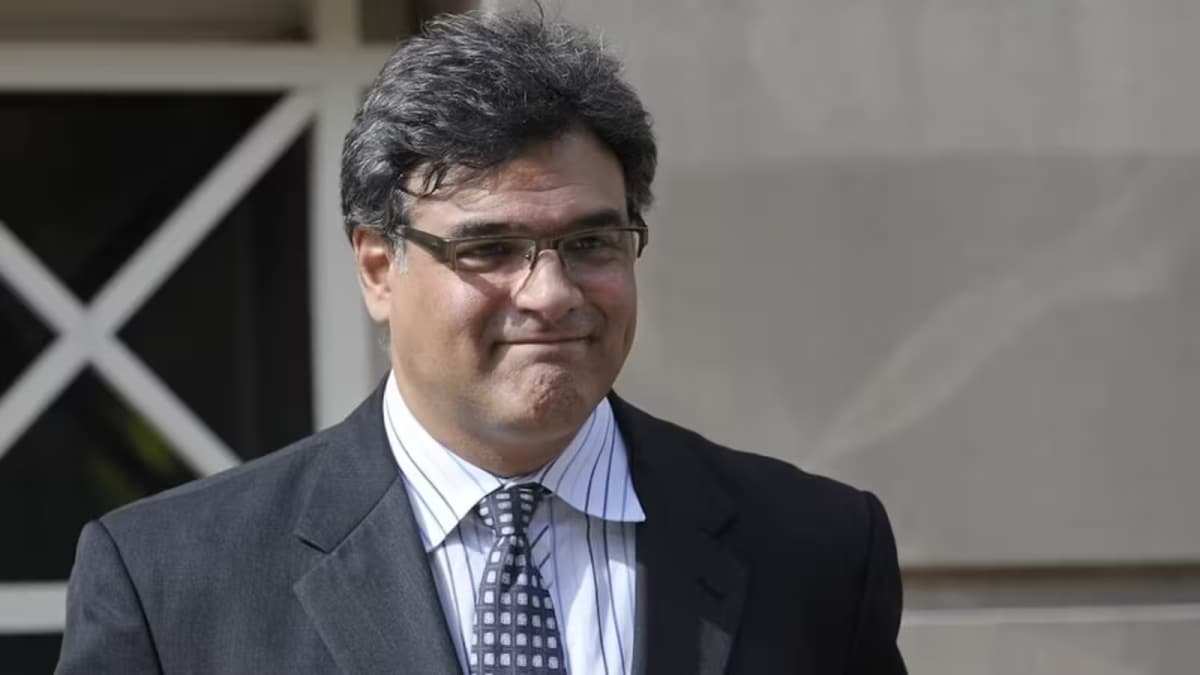)
)
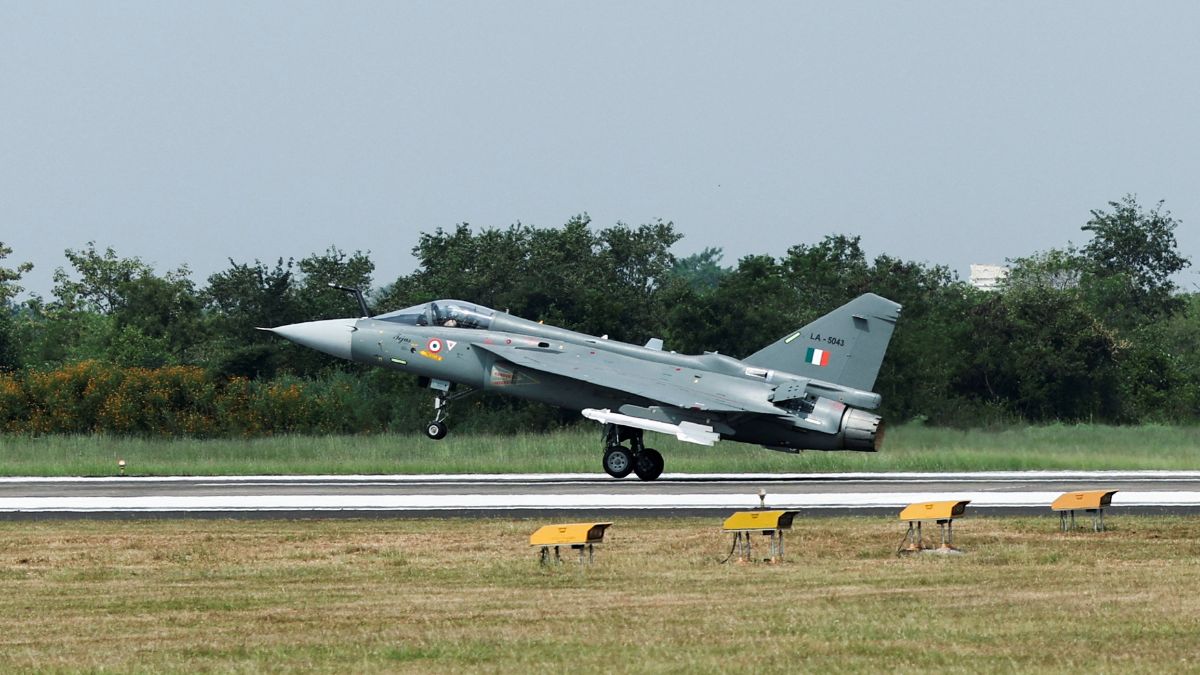)
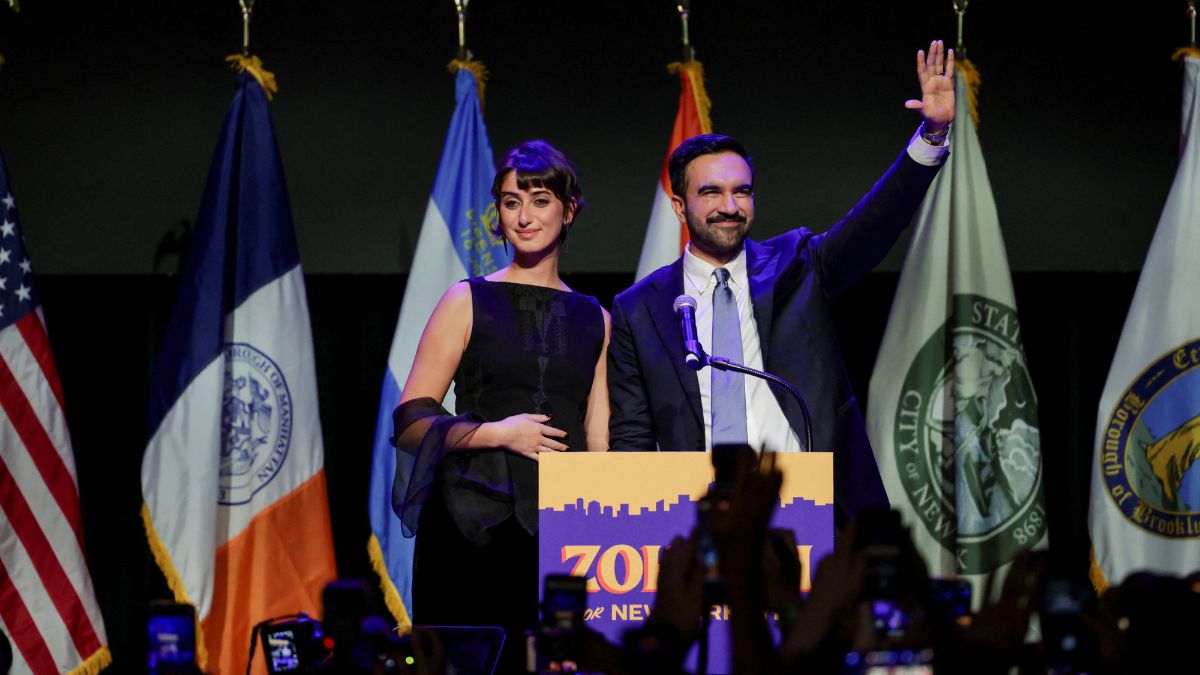)
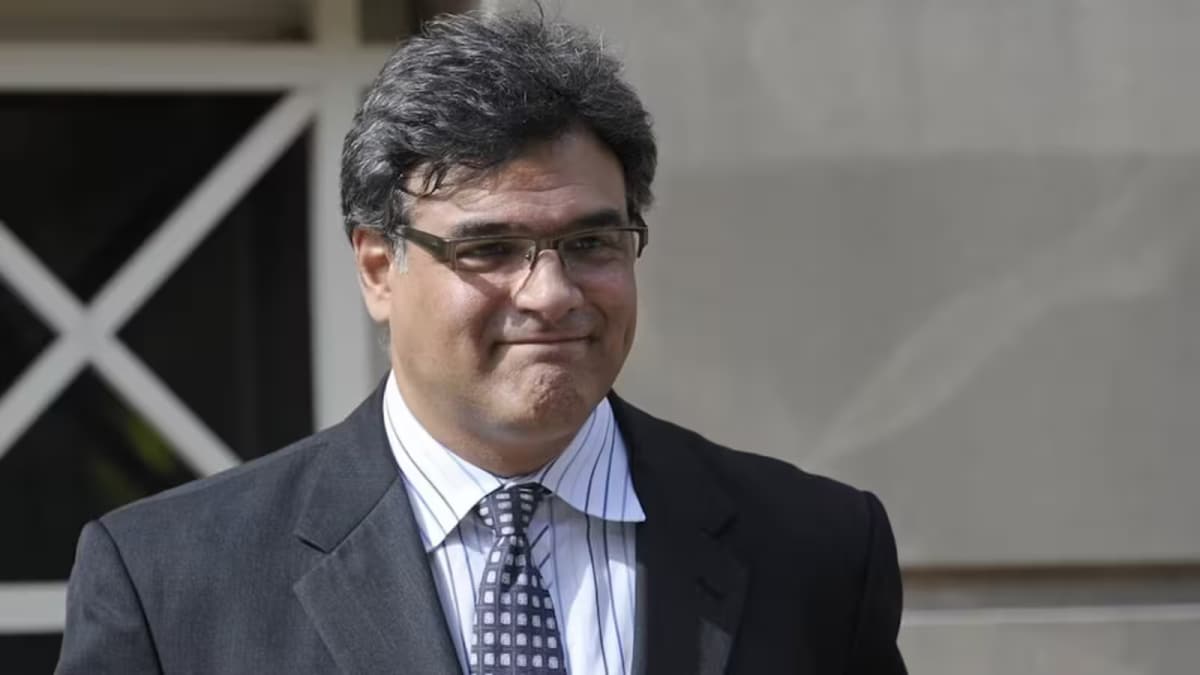)
)



